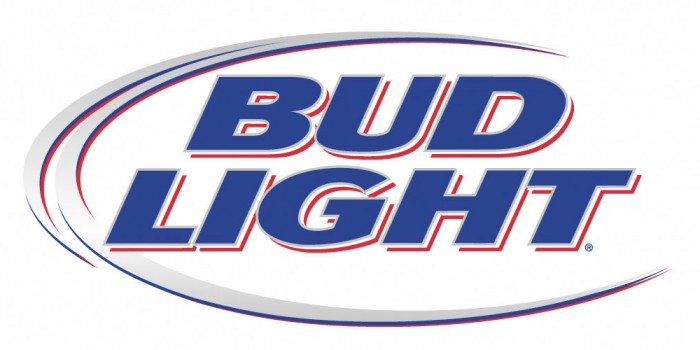Here’s an ad that performed the rare feat of wrestling my conscious attention away from its unconscious meanderings and then, having drawn me in, manipulated my unconscious mind to boost my perception of a brand. So what is it that makes this ad such a powerful success? And why am I convinced that it will attract customers for the company that made it? I won’t say anything further until you’ve had a chance to see it for yourself… I suspect that the ad got my attention because it aroused my curiosity. The simple black screen stating a time and place is unconsciously associated with documentaries: it triggers the idea that something noteworthy might be about to follow. Clearly something significant happened at Liverpool Street Station recently and, if I watch, I will find out. The silence, against the highly compressed auditory backdrop of competing jingles and the like is a […]






Recent Comments